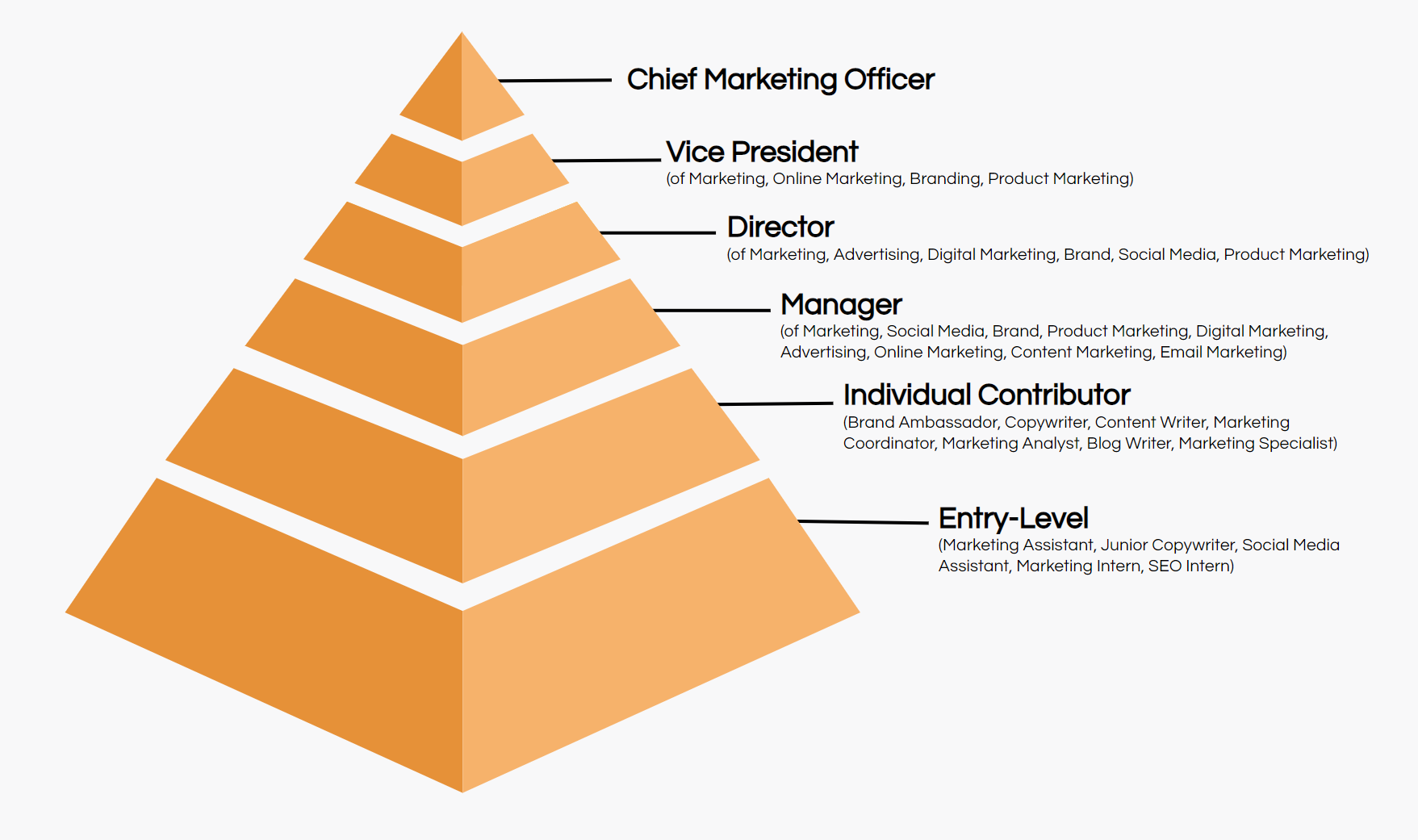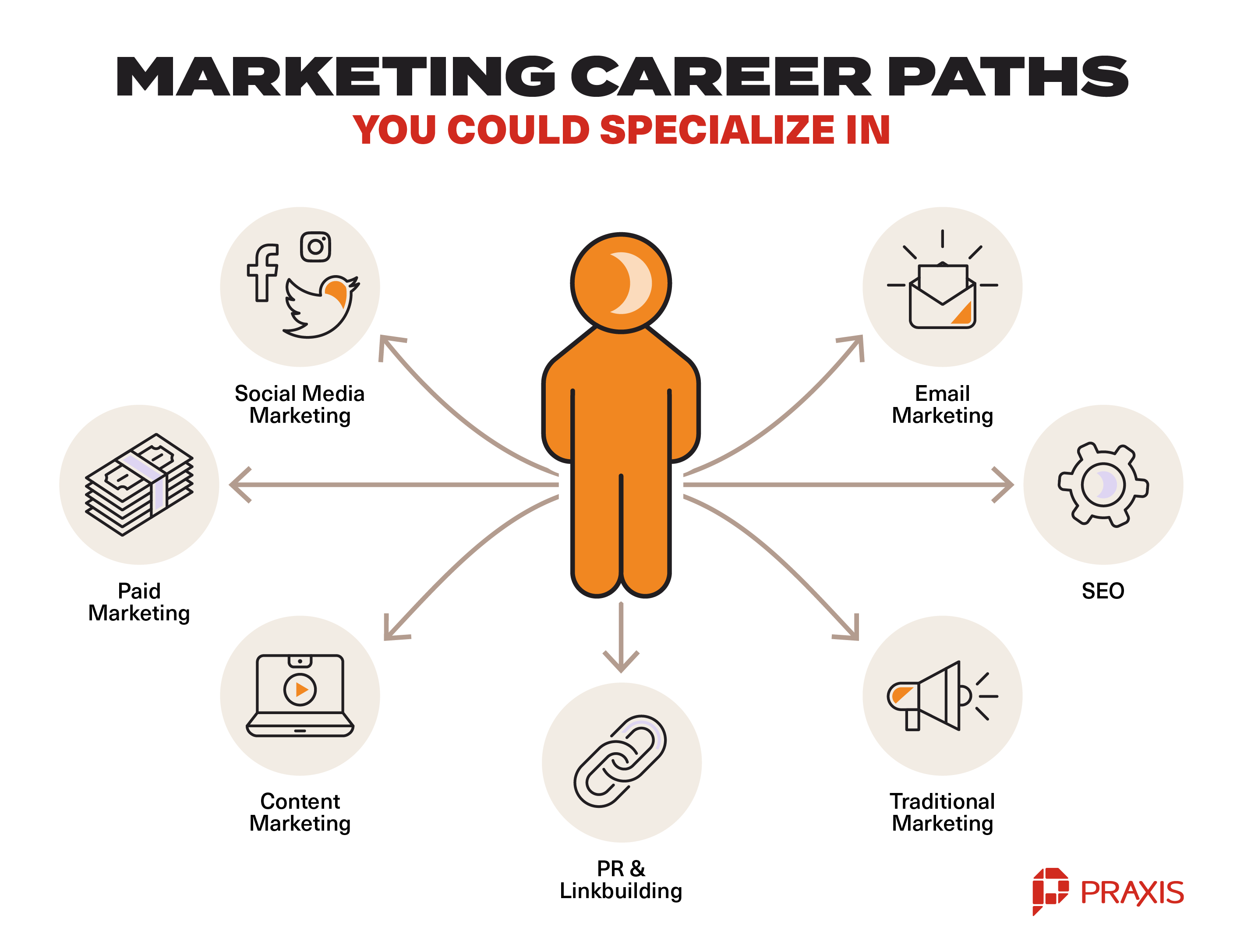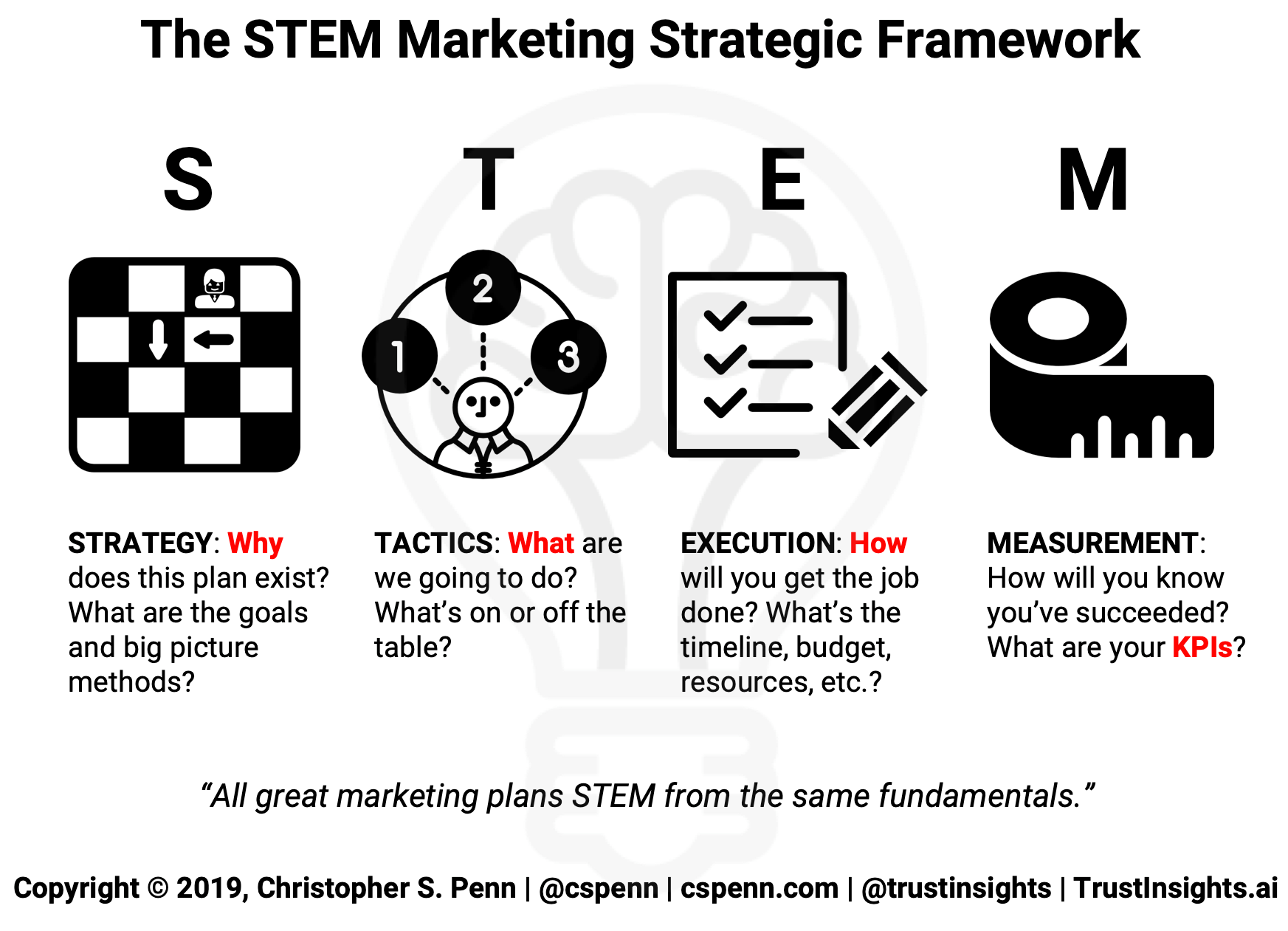Transitioning from a STEM role to marketing may seem like an unconventional career move, but the skills acquired in science, technology, engineering, or mathematics can be a powerful foundation for success in the marketing world. Analytical thinking, problem-solving, and data-driven decision-making are highly valued in modern marketing, where strategies are increasingly shaped by insights from analytics and technology. Professionals with STEM backgrounds often bring a unique perspective, enabling them to bridge the gap between technical expertise and creative storytelling. This article explores how to leverage your STEM skills, adapt to the marketing landscape, and carve out a rewarding career in this dynamic field.
Breaking into Marketing from a STEM Role: A Comprehensive Guide
Why Transition from STEM to Marketing?
Transitioning from a STEM (Science, Technology, Engineering, and Mathematics) role to marketing might seem unconventional, but it offers unique advantages. STEM professionals bring analytical thinking, problem-solving skills, and a data-driven approach to marketing, which are highly valued in today’s data-centric business environment. Marketing increasingly relies on data analysis, automation, and technology, making STEM skills a perfect fit for roles like digital marketing, product marketing, or marketing analytics.
See Also How Do I Get Into Entertainment Marketing?
How Do I Get Into Entertainment Marketing?Key Skills to Leverage from Your STEM Background
Your STEM background equips you with transferable skills that are highly relevant in marketing. These include:
- Data Analysis: Ability to interpret and visualize data to make informed decisions.
- Technical Proficiency: Familiarity with tools like Python, R, or SQL for marketing automation and analytics.
- Problem-Solving: A structured approach to tackling challenges and optimizing campaigns.
- Attention to Detail: Precision in analyzing metrics and identifying trends.
- Project Management: Experience in managing complex projects and meeting deadlines.
How to Build Marketing Knowledge and Expertise
To successfully transition, you need to bridge the gap between your STEM expertise and marketing knowledge. Consider the following steps:
- Take Online Courses: Platforms like Coursera, HubSpot Academy, or Google Digital Garage offer marketing certifications.
- Read Industry Blogs: Stay updated with trends by following marketing blogs like HubSpot, Moz, or Neil Patel.
- Network with Marketers: Attend industry events or join LinkedIn groups to connect with marketing professionals.
- Gain Hands-On Experience: Volunteer for marketing projects at your current job or start a personal blog to practice content creation.
 How can I better define my role and career path?
How can I better define my role and career path?Top Marketing Roles for STEM Professionals
STEM professionals are well-suited for specific marketing roles that require technical expertise. Here are some options:
- Marketing Analyst: Focus on analyzing campaign performance and customer data.
- Product Marketing Manager: Bridge the gap between product development and customer needs.
- Digital Marketing Specialist: Manage online campaigns, SEO, and social media strategies.
- Growth Hacker: Use data-driven techniques to drive rapid business growth.
- Marketing Automation Specialist: Implement and optimize marketing automation tools.
Steps to Transition Smoothly into Marketing
To ensure a smooth transition, follow these actionable steps:
1. Identify Your Niche: Determine which area of marketing aligns with your skills and interests.
2. Update Your Resume: Highlight transferable skills and any marketing-related experience.
3. Build a Portfolio: Showcase projects, such as data analysis or content creation, to demonstrate your capabilities.
4. Apply for Entry-Level Roles: Start with roles like Marketing Coordinator or Junior Analyst to gain experience.
5. Continue Learning: Stay updated with the latest marketing tools and trends to remain competitive.
 User Acquisition Costs Getting Higher and Higher?
User Acquisition Costs Getting Higher and Higher?| Skill | Relevance in Marketing |
|---|---|
| Data Analysis | Critical for interpreting campaign performance and customer behavior. |
| Technical Proficiency | Essential for using marketing automation tools and analytics platforms. |
| Problem-Solving | Valuable for optimizing marketing strategies and overcoming challenges. |
| Attention to Detail | Important for analyzing metrics and ensuring accuracy in campaigns. |
| Project Management | Useful for managing campaigns and meeting deadlines effectively. |
Can you go into marketing with a biology degree?

How a Biology Degree Prepares You for Marketing
A biology degree equips you with skills that are highly transferable to marketing. For example:
See Also Where Do I Find Crazy Advertising, Marketing and PR Stunts/Campaigns?
Where Do I Find Crazy Advertising, Marketing and PR Stunts/Campaigns?- Analytical thinking: Biology involves analyzing complex data, which is crucial for understanding market trends and consumer behavior.
- Research skills: Conducting experiments and studies in biology translates well into market research and data analysis.
- Problem-solving: The ability to identify and solve problems in biology can be applied to developing effective marketing strategies.
Industries Where Biology and Marketing Overlap
There are several industries where a biology degree and marketing skills intersect:
- Pharmaceuticals: Marketing teams in this sector often need individuals who understand the science behind the products.
- Biotechnology: Companies in this field require marketers who can communicate complex scientific concepts to a broader audience.
- Healthcare: Marketing roles in healthcare benefit from a deep understanding of medical and biological terminology.
Essential Marketing Skills for Biology Graduates
To succeed in marketing with a biology degree, you should develop the following skills:
- Communication: Effectively conveying scientific information to non-experts is key.
- Digital marketing: Familiarity with SEO, social media, and content marketing is increasingly important.
- Data analysis: Leveraging your background in biology to interpret marketing data can give you an edge.
Steps to Transition from Biology to Marketing
Transitioning from a biology degree to a marketing career involves several steps:
- Gain experience: Look for internships or entry-level roles in marketing to build your resume.
- Network: Connect with professionals in the marketing field to learn about opportunities and industry trends.
- Upskill: Consider taking courses or certifications in marketing to bridge any knowledge gaps.
Examples of Successful Marketers with Biology Degrees
There are numerous examples of individuals who have successfully transitioned from a biology degree to marketing:
- Healthcare marketing specialists: Many have used their biology background to excel in roles promoting medical products or services.
- Science communicators: Some have become experts in translating scientific concepts into engaging marketing content.
- Entrepreneurs: A few have even started their own companies, combining their scientific knowledge with marketing expertise.
How to break into the marketing industry?

1. Gain Relevant Education and Skills
To break into the marketing industry, it is essential to acquire a strong educational foundation and develop relevant skills. Consider pursuing a degree in marketing, business, or a related field. Additionally, focus on building skills such as:
- Digital marketing: Learn about SEO, social media marketing, and content creation.
- Data analysis: Understand how to interpret data to make informed marketing decisions.
- Communication: Develop strong written and verbal communication skills to effectively convey marketing messages.
2. Build a Strong Online Presence
In today’s digital age, having a robust online presence is crucial for entering the marketing industry. Start by:
- Creating a professional LinkedIn profile to showcase your skills and connect with industry professionals.
- Developing a personal website or blog to demonstrate your marketing expertise and creativity.
- Engaging on social media platforms to stay updated on industry trends and network with potential employers.
3. Gain Practical Experience Through Internships
Practical experience is invaluable when trying to break into the marketing industry. Consider the following steps:
- Apply for internships at marketing agencies or within the marketing departments of companies.
- Volunteer to manage social media accounts or assist with marketing campaigns for small businesses or non-profits.
- Participate in freelance projects to build a portfolio that showcases your marketing skills.
4. Network with Industry Professionals
Networking is a powerful tool for breaking into the marketing industry. Here’s how to get started:
- Attend industry events, such as conferences, workshops, and seminars, to meet professionals in the field.
- Join marketing associations or online communities to connect with like-minded individuals and gain insights into the industry.
- Reach out to mentors or experienced marketers for advice and guidance on entering the field.
5. Stay Updated on Industry Trends
The marketing industry is constantly evolving, so staying informed about the latest trends is essential. Take the following steps:
- Follow industry blogs, podcasts, and newsletters to stay updated on new marketing strategies and technologies.
- Enroll in online courses or certifications to keep your skills current and relevant.
- Experiment with new marketing tools and platforms to gain hands-on experience with emerging trends.
What is the lowest job title in marketing?

The lowest job title in marketing is typically the Marketing Intern or Marketing Assistant. These roles are entry-level positions designed for individuals who are new to the field and are looking to gain experience. Responsibilities often include administrative tasks, supporting marketing campaigns, and assisting with market research.
- Marketing Intern: A temporary position for students or recent graduates to gain hands-on experience.
- Marketing Assistant: An entry-level role focused on supporting the marketing team with day-to-day tasks.
- Junior Marketing Coordinator: A slightly more advanced role than an assistant, often involving coordination of marketing activities.
What are the responsibilities of a Marketing Intern?
A Marketing Intern is responsible for assisting the marketing team with various tasks. These tasks can range from administrative duties to more creative responsibilities. The role is designed to provide practical experience and exposure to the marketing field.
- Assisting with market research: Collecting and analyzing data to help shape marketing strategies.
- Supporting social media efforts: Helping to create and schedule posts, and engaging with followers.
- Preparing marketing materials: Assisting in the creation of brochures, presentations, and other promotional content.
What skills are required for a Marketing Assistant?
A Marketing Assistant needs a mix of administrative and creative skills to support the marketing team effectively. This role often serves as the backbone of the marketing department, ensuring that all tasks are completed efficiently.
- Organizational skills: Managing multiple tasks and deadlines efficiently.
- Communication skills: Both written and verbal, for coordinating with team members and external partners.
- Basic marketing knowledge: Understanding of marketing principles and tools is essential.
How does a Junior Marketing Coordinator differ from a Marketing Assistant?
A Junior Marketing Coordinator typically has more responsibilities than a Marketing Assistant. This role often involves more direct involvement in marketing campaigns and projects, requiring a higher level of expertise and autonomy.
- Campaign coordination: Overseeing the execution of marketing campaigns from start to finish.
- Budget management: Assisting in the allocation and tracking of marketing budgets.
- Team collaboration: Working closely with other departments to ensure cohesive marketing efforts.
What career progression can be expected from the lowest marketing job titles?
Starting from the lowest job titles in marketing, such as Marketing Intern or Marketing Assistant, individuals can progress to more senior roles with experience and skill development. Career progression often depends on performance, additional qualifications, and networking.
- Marketing Specialist: A role focused on a specific area of marketing, such as digital or content marketing.
- Marketing Manager: Overseeing the entire marketing department and strategy.
- Director of Marketing: A senior role responsible for the overall marketing vision and execution.
How to switch career into marketing?

Assess Your Transferable Skills
When switching to a career in marketing, the first step is to evaluate your transferable skills. These are abilities you’ve gained in previous roles that can be applied to marketing. For example:
- Communication skills: Essential for creating compelling content and engaging with audiences.
- Analytical thinking: Useful for interpreting data and measuring campaign performance.
- Project management: Helps in organizing and executing marketing strategies effectively.
Learn the Fundamentals of Marketing
To transition into marketing, you need to understand its core principles. Start by learning the 4 Ps of marketing (Product, Price, Place, Promotion) and other foundational concepts. Consider:
- Taking online courses on platforms like Coursera or HubSpot Academy.
- Reading books such as Marketing 101 or Contagious: How to Build Word of Mouth in the Digital Age.
- Following marketing blogs and podcasts to stay updated on industry trends.
Build a Marketing Portfolio
A strong portfolio showcases your marketing skills and creativity. To build one:
- Start a personal blog or social media account to demonstrate content creation skills.
- Volunteer to manage marketing campaigns for non-profits or small businesses.
- Create sample projects, such as mock ad campaigns or SEO-optimized articles.
Network with Marketing Professionals
Networking is crucial for breaking into the marketing field. Here’s how to connect with industry experts:
- Attend marketing conferences and webinars to meet professionals.
- Join LinkedIn groups or forums focused on marketing discussions.
- Reach out to marketers for informational interviews to gain insights and advice.
Gain Practical Experience
Hands-on experience is key to transitioning into marketing. Consider these steps:
- Apply for internships or entry-level roles in marketing departments.
- Take on marketing-related tasks in your current job, such as managing social media or analyzing customer data.
- Freelance for small businesses to build real-world experience and expand your portfolio.
Frequently Asked Questions from Our Community
How can my STEM background help me transition into a marketing career?
Your STEM background provides a unique advantage when transitioning into marketing. Skills such as data analysis, problem-solving, and logical thinking are highly valued in marketing roles, especially in areas like digital marketing, market research, and performance analytics. For example, your ability to interpret complex data can help you excel in roles that require tracking campaign performance or optimizing marketing strategies. Additionally, your technical expertise can make you a strong candidate for roles in tech-driven marketing, such as SEO, automation, or AI-based marketing tools.
What steps should I take to break into marketing from a STEM role?
To successfully transition into marketing, start by identifying transferable skills from your STEM experience, such as analytical thinking or project management. Next, consider taking online courses or certifications in marketing fundamentals, such as content marketing, social media strategy, or data-driven marketing. Networking with professionals in the field and gaining hands-on experience through freelance projects or internships can also help you build a portfolio. Finally, tailor your resume to highlight how your STEM skills align with marketing needs, emphasizing your ability to analyze data and drive results.
What marketing roles are best suited for someone with a STEM background?
STEM professionals often excel in marketing roles that require technical expertise and data-driven decision-making. Some ideal roles include digital marketing analyst, growth hacker, SEO specialist, or marketing automation specialist. These positions leverage your ability to work with analytics tools, interpret data, and optimize campaigns. Additionally, roles in product marketing or technical marketing can benefit from your deep understanding of complex products or services, especially in industries like tech, healthcare, or engineering.
How can I bridge the gap between my technical skills and marketing knowledge?
Bridging the gap between your technical skills and marketing knowledge requires a combination of learning and practical application. Start by familiarizing yourself with marketing concepts through online courses, books, or industry blogs. Focus on understanding consumer behavior, branding, and marketing strategies. Simultaneously, apply your technical skills to marketing scenarios, such as using data visualization tools to present campaign results or leveraging programming skills to automate repetitive tasks. Over time, this dual approach will help you integrate your STEM expertise with marketing principles, making you a well-rounded candidate.
Leave a Reply


Articles of interest